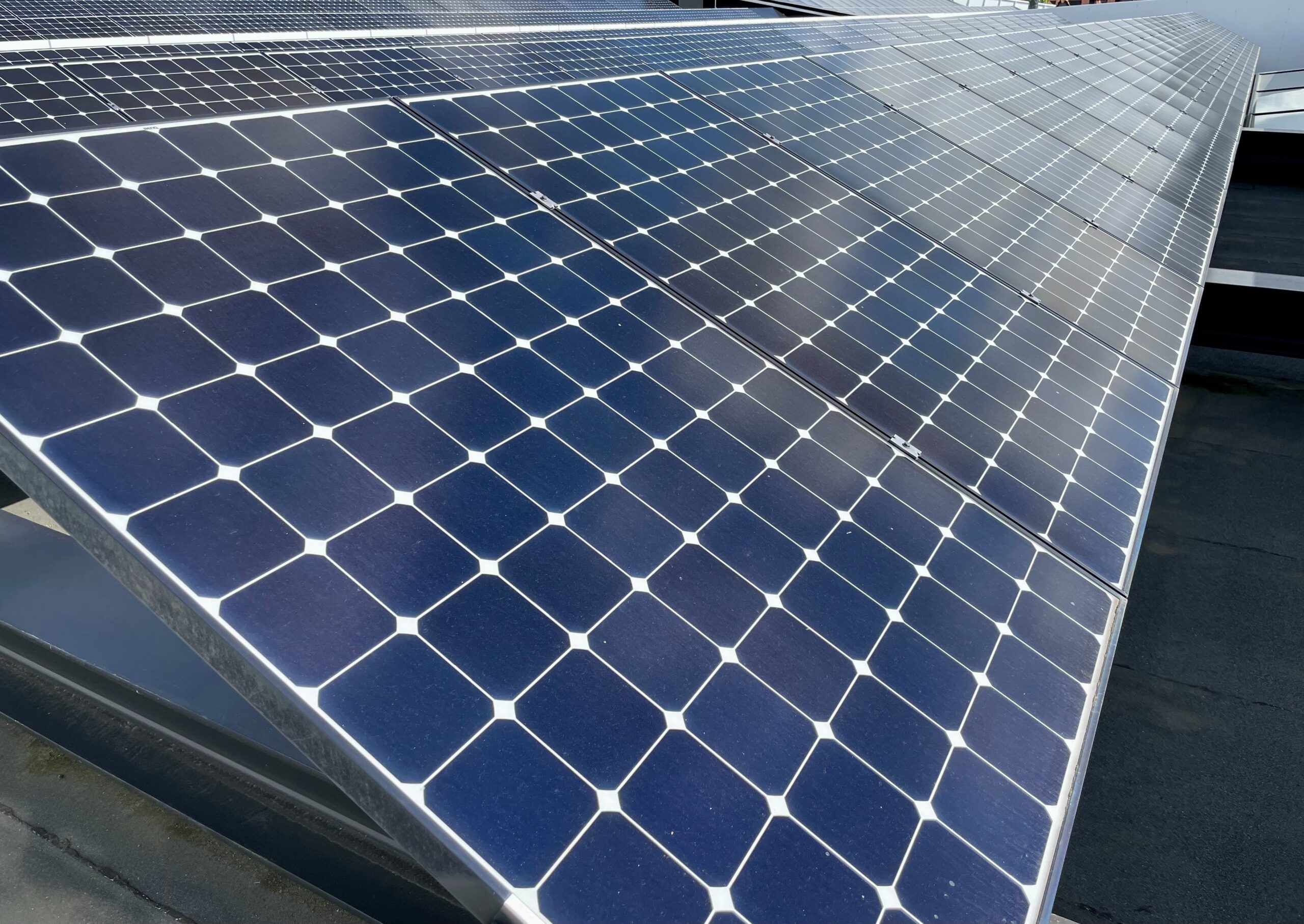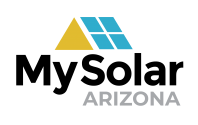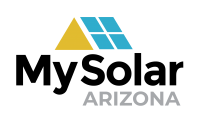
“Exploring Financing Options for Solar Panels”
Introduction
Are you considering installing solar panels on your home? Solar energy is a great way to reduce your energy bills and help the environment. But the upfront cost of solar panels can be a bit intimidating. Fortunately, there are a variety of financing options available that can make it easier to afford solar panels. In this blog post, we’ll explore the different financing options available for residential solar panels and provide actionable tips to help you get started.
Types of Solar Financing
There are several different financing options available for residential solar panels. Here are some of the most common:
1. Solar Lease or Solar Power Purchase Agreement (PPA)
A solar lease or solar power purchase agreement (PPA) is a great option for homeowners who don’t have the cash to pay for the upfront cost of solar panels. With a solar lease or PPA, you pay a fixed monthly rate for the electricity generated by the solar panels. The solar company owns and maintains the panels, and you get the benefit of lower electricity bills.
2. Solar Loan
A solar loan is a great option for homeowners who want to own their solar panels. With a solar loan, you can borrow money from a bank or other financial institution to pay for the cost of the solar panels. You then pay back the loan over time, usually with a fixed interest rate. This is a great option if you want to own your solar panels and benefit from the long-term savings.
3. Solar Tax Credit
The federal government offers a solar tax credit to homeowners who install solar panels on their homes. The credit can be up to 30% of the cost of the solar panels, and it can be claimed on your taxes. This is a great way to offset the cost of installing solar panels and get the most out of your investment.
4. Solar Rebates
Many states and local governments offer solar rebates to homeowners who install solar panels. These rebates can be up to 25% of the cost of the solar panels, and they can be used to offset the cost of the installation. This is a great way to get the most out of your solar investment.
Benefits of Solar Financing
There are many benefits to financing your solar panels. Here are some of the most common:
1. Lower Electricity Bills
Financing your solar panels can help you save money on your electricity bills. With a solar lease or PPA, you pay a fixed rate for the electricity generated by the solar panels. With a solar loan, you can own the solar panels and benefit from the long-term savings. And with a solar tax credit or rebate, you can offset the cost of the installation.
2. Increase Your Home’s Value
Installing solar panels on your home can increase its value. According to a study by the Lawrence Berkeley National Laboratory, homes with solar panels can sell at a premium of up to $15,000. This is a great way to get a return on your investment and increase the value of your home.
3. Help the Environment
Installing solar panels on your home can help reduce your carbon footprint and make a positive impact on the environment. Solar energy is clean, renewable, and sustainable, and it can help reduce our dependence on fossil fuels.
Tips for Financing Solar Panels
Here are some tips to help you finance your solar panels:
1. Do Your Research
The first step is to do your research. Make sure you understand the different financing options available and which one is best for your situation. Talk to a solar expert to get their opinion and advice.
2. Compare Prices
Make sure you compare prices from different solar companies. Get quotes from several companies and compare the cost of the installation, the financing options, and the warranties. This will help you make an informed decision and get the best deal.
3. Calculate Your Savings
Make sure you calculate your estimated savings when considering a solar loan or lease. This will help you determine if the investment is worth it and if you can afford the monthly payments.
4. Get Pre-Qualified
Make sure you get pre-qualified for a solar loan or lease before you start the installation process. This will help you get the best interest rate and terms for your loan or lease.
Conclusion
Installing solar panels on your home can be a great investment. It can help you save money on your electricity bills, increase the value of your home, and help the environment. There are several different financing options available for residential solar panels, and it’s important to do your research and compare prices before you make a decision. If you’re considering installing solar panels on your home, get pre-qualified for solar today and start saving money!

